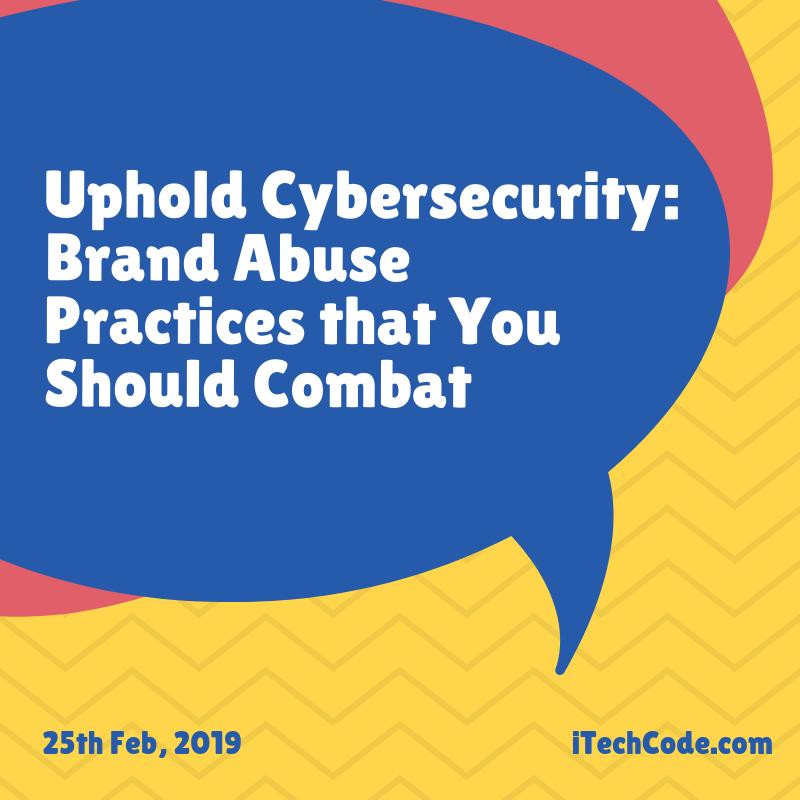When you are blogging, one of the things that you normally aspire to is to be known by many in the online world. You see, the value that your blog has depends largely on the popularity of your site and the number of visits that it can generate.
Because of that, a lot of blog administrators invest a lot and employ a number of techniques just to get their brand’s name and pages out there. You can also do what they do. And once you’ve achieved the popularity level that you aspire to, you must start ensuring your brand’s security.

A number of cybercrimes exist, and many of them pose a threat to your hard-earned brand name and status. In this article, we present three of the most common ways used by others to abuse a brand name. Usually, you would need the services of a reliable brand protection agency to counter these attacks more holistically should you fall victim to them.
Brandjacking
Brandjacking occurs when someone else hides behind your brand name to further their own interests. Usually, the intent is to get the personal details of those who subscribe to your brand. To achieve this, the culprits usually send emails that bear the letterhead or the logo of your brand. If the consumers are not discerning enough, they actually end up replying with their valuable personal details.
There is a need for you to stop this abuse because this can result in poor customer experience and even serious financial losses. Usually, you need the assistance of a legal team that specializes in cybercrimes to address this issue properly.
Cybersquatting
Cybersquatters are also among the vilest persons online. They do their crime by taking over and independently registering your already established domain name. Their parallel use of the domain name can redirect your potential visitors to their usually blank or broken page, significantly reducing the number of visitors that actually get to your legitimate site.
Of course, you as the legitimate site owner will surely want to put a stop to the squatter’s activities. Unfortunately, the only way to do this is to buy the domain back from the cybersquatter. This is unfair, indeed, but this has been what has befallen those who hav3 fallen victim to cybersquatting in the past.
Currently, there are a number of provisions under US law that prescribe punishments for those who do this. But pinpointing the culprit is a challenge; that is why there is a need to really get the help of cybersecurity professionals.
Click Fraud
Pay-per-click online marketing models make it a lot easier for advertisers to target a good number of keywords without having to spend a lot. However, those with ill intent against a company or its advertisers can abuse this system. What they do is repeatedly click on the ads so that the cost of it shoots up while the conversion rate remains low. If the business decides solely based on data, there is a big chance that they’re going to abandon PPC online marketing altogether, depriving them of the opportunity a good online audience.
Detecting click fraud is not easy. Luckily, platforms that offer PPC marketing such as Google already have systems in place to help detect it. If such systems are still not enough, there is independently developed software that can help with this problem.
You can also stay updated by subscribing to iTechCode.